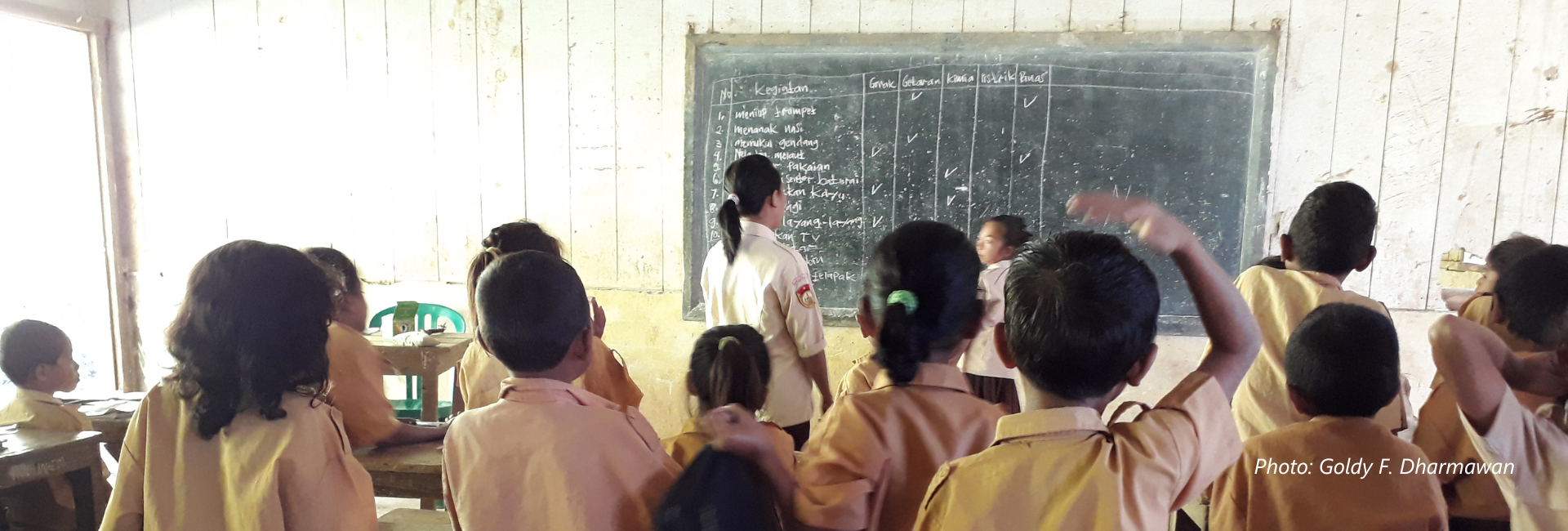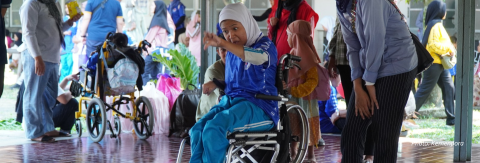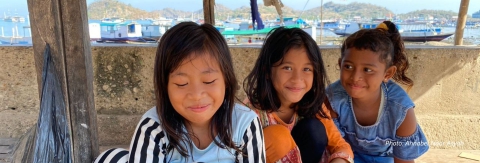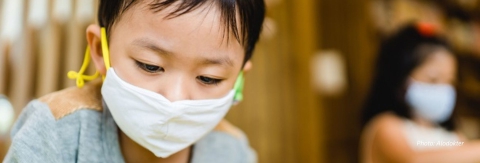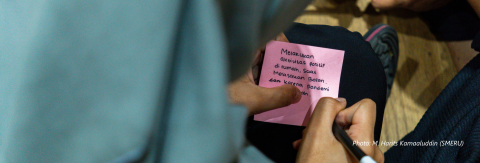While Indonesia has made notable advances in reducing poverty over the past few decades, significant levels of inequalities persist across the nation, exposing children to substantial barriers to their overall growth and development. This Monitoring and Analyzing Child Poverty Across Space (MAPS) research, an inclusive and participatory approach based upon a child’s life cycle, aims to strengthen the understanding of the realities of “marginal areas” through the perspectives of children and adolescents.
This study places them at the centre of the analysis and recognizes them as competent social actors who can change the conditions of their own lives. The study analyzed the views of children and adolescents, coupled with adult’s perspective in the community as well as policymakers, to provide a holistic view of children’s lives.
The MAPS research was conducted in three subdistricts in Kabupaten (District of) Tasikmalaya, each with different characteristics that represent the variations within the district. The study involved 1,217 children and 1,668 adolescents, using a combination of qualitative and quantitative methods.
This research attempts to bring all voices into the discussion to create a comprehensive understanding of children’s lives within their physical and social environments. By acknowledging children’s agency, the study seeks to shift away from adult-centric approaches, ensuring that children’s perspectives are integrated into policy-making processes.
Suggested Citation:
SMERU, BAPPENAS and UNICEF (2025) Growing Up in Remote Areas: The Experiences and Aspirations of Children Living in Rural Tasikmalaya District.


